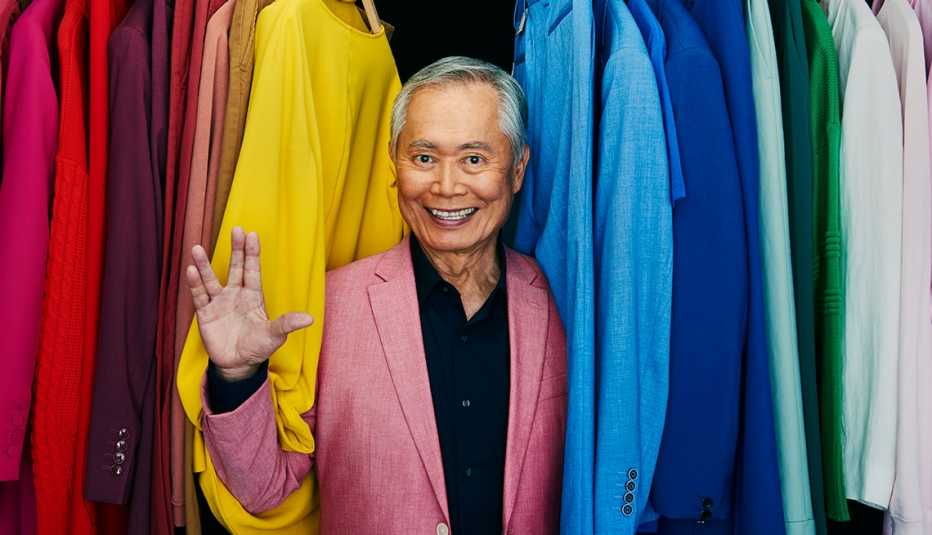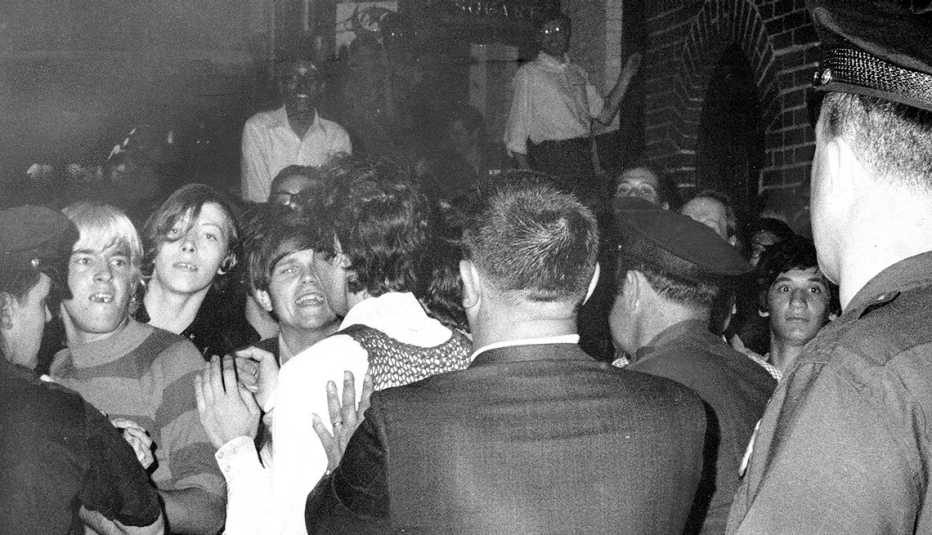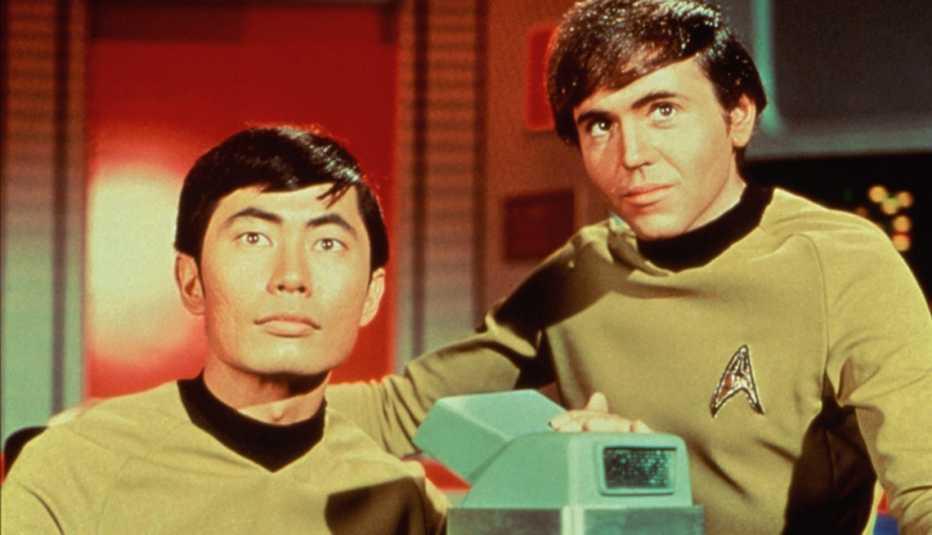AARP Hearing Center


The Stonewall riots that powered the gay rights movement happened in New York in 1969. Where were you?
I was in Los Angeles at, as a matter of fact, a gay bar. Oh, the news spread like electricity through all the gay bars. I was pursuing an acting career, and the climate was totally different in those days. To be gay was to essentially give up any kind of public career. I knew I wouldn't be hired again after Star Trek if I came out. I was protecting my career.


What does Stonewall represent to you?
The Stonewall riots went on for days. That kind of total commitment was inspiring to me. It's profoundly important. My father said that this country is an amazing country. It's a people's democracy. In 50 years gays have gone from being looked at with contempt and disgust to a point where we have a credible gay candidate for the presidency. Fifty years in America can do amazing things, inspiring things.
It was a painful time for you. Why?
I saw these young men and women campaigning for what was called gay liberation, and giving up everything — their jobs, careers and families — to campaign for equality for us. It was very difficult for me. Here I was campaigning for civil rights or the peace movement during the Vietnam War, but I was silent on the one issue that was organic to me, that was very personal. During that period I was weighted down by that sense of guilt and not participating.
When did you come out?
It wasn't until the California legislature passed the marriage equality bill, in 2005. It was a thrilling moment! We partnered with the Human Rights Campaign, and I went on a nationwide speaking tour. That's when I felt like I was a whole person.


1969 was also the last year of Star Trek...
We were low rated back then. Every season was a cliffhanger — Are we going to be canceled? And sure enough, in 1969, our third season, we were. But Star Trek went into syndication. They aired us five nights a week, and that's when we finally found our audience and the ratings soared.
Do you have a favorite episode?
"The Naked Time” [Season 1, Episode 4], where I demonstrate my fencing prowess shirtless. [Laughs.]



































































More on entertainment
10 'Star Trek' Captains: Where Are They Now?
Picard is coming back, and Kirk is on the road — but what's become of the others